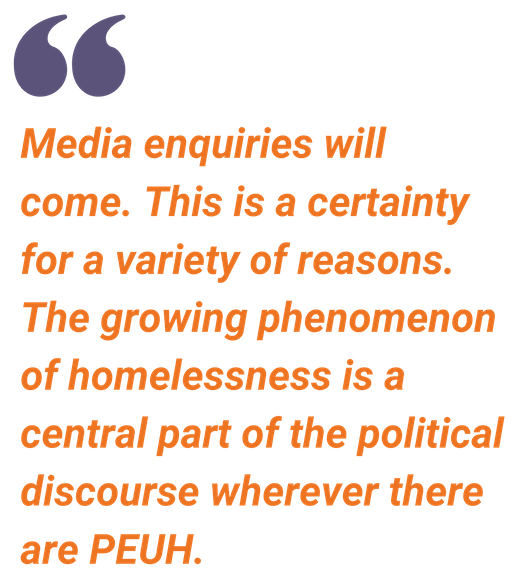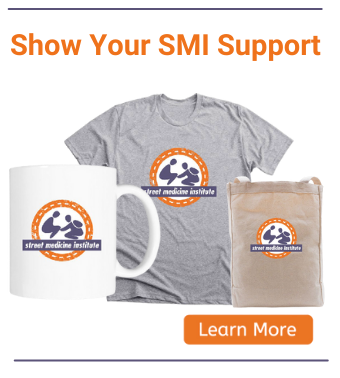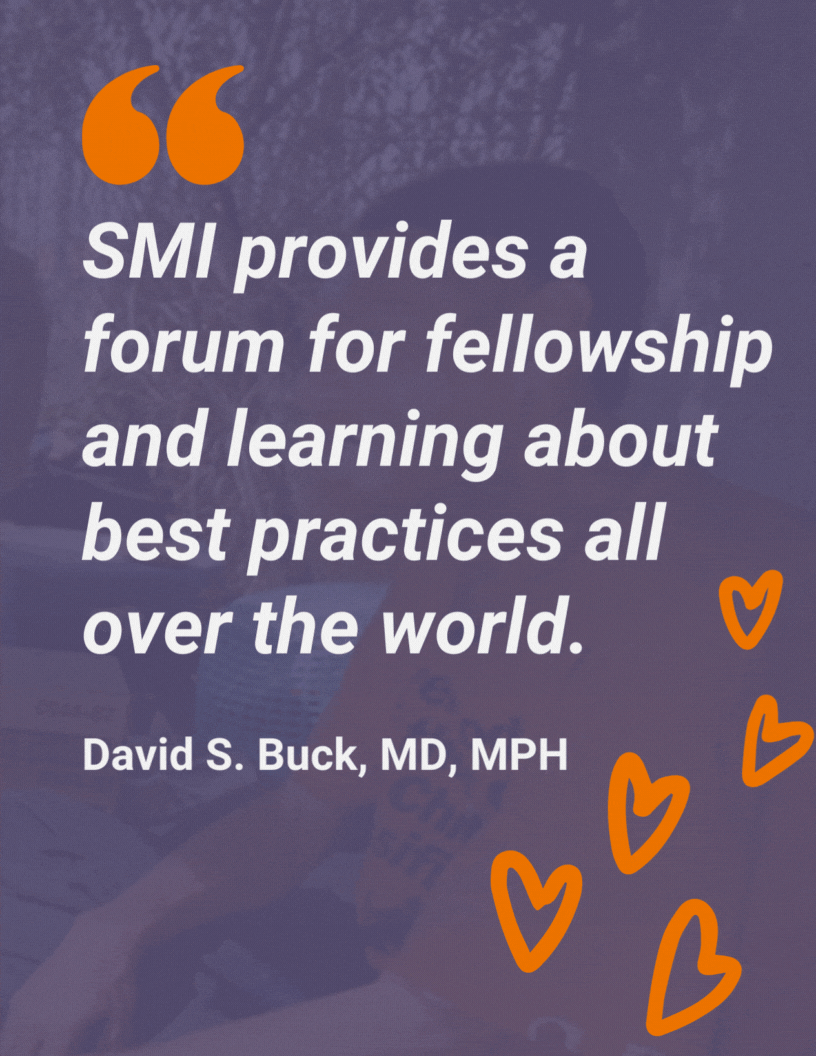Jim Withers, MD and Joel Hunt, PA  The act of providing direct medical care to those living on the streets is not just an important service, but one that provokes society. Time and again, street medicine programs activate the attention of the public and the media. This is an almost guaranteed part of the street medicine journey and deserves discussion. This paper is not a definitive work on the subject of media relations, but hopefully serves as a guide based on many decades of experience by street medicine experts.
The act of providing direct medical care to those living on the streets is not just an important service, but one that provokes society. Time and again, street medicine programs activate the attention of the public and the media. This is an almost guaranteed part of the street medicine journey and deserves discussion. This paper is not a definitive work on the subject of media relations, but hopefully serves as a guide based on many decades of experience by street medicine experts.
Whether to engage with the media at all is a deeply personal decision based on one’s philosophy of service. Many of the most respected street medicine practitioners and programs avoid media attention entirely. This may be to respect the sacred dignity of those they serve, to avoid bringing attention to providers that distracts from those in need, to avoid legal ramifications, or other good reasons. We highly recommend that programs establish a trusted presence with their street population before even considering bringing media along. This may be several years or more as in the case of Pittsburgh Mercy’s Operation Safety. Time spent focusing on the priorities and dignity of persons experiencing unsheltered homelessness (PEUH) is essential as most of those on the streets have previous trauma generating mistrust of the motivations of others. No motivation for publicity is worth destroying the trust we have established with our sisters and brothers on the streets.
Media inquiries will come. This is a certainty for a variety of reasons. The growing phenomenon of homelessness is a central part of the political discourse wherever there are PEUH. Seeing human beings struggling to survive without shelter generates a range of feelings. We are all familiar with those feelings: compassion, curiosity, fear, anger, disgust, guilt, etc. The media recognizes and takes advantage of the public’s fascination with all things homeless to generate content. At times, PEUH will be portrayed in a sympathetic light, sometimes they will be vilified, but rarely will they be accurately portrayed. Stories about PEUH are often the fuel of political campaigns. During severe winter weather and on certain holidays there is a transient heightened interest. At the core of much of the media interest in the homeless population is the fact that PEUH are the quintessential “other.” The media steps into a “middleman” role of exploring and interpreting those who have been excluded by society. The work of street medicine programs is particularly fascinating to the media.
The visual image of a healthcare worker taking care of someone on the streets – perhaps washing their feet or binding their wounds – is a provocative image. Indeed, the Street Medicine Institute’s (SMI) logo depicts such a moment. For the SMI, it is a reminder of who we serve and the respect we must show them (kneeling and lower than the patient). Images of street medicine naturally evoke social justice or even religious themes in which healers reach out beyond rigid establishment models to meet people where they are. We embrace that visual challenge to the status quo but must be careful about creating a “hero” persona that maximizes the street clinician’s role and minimizes the significance of the person served. But it is also valid to consider the potential benefit of lifting up the type of service and spirit that characterizes street medicine. If street medicine practitioners and programs decide to venture into these waters, we offer some general guidelines that have been useful in our collective Street Medicine Institute network experience.
Jim Withers MD (Street Medicine Institute, Pittsburgh, PA) Joel Hunt PA (JPS Health Network, Ft. Worth, TX)
Copyright © 2022 Street Medicine Institute. All Rights Reserved.


